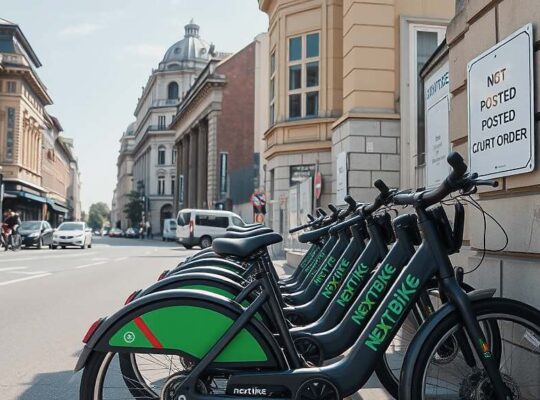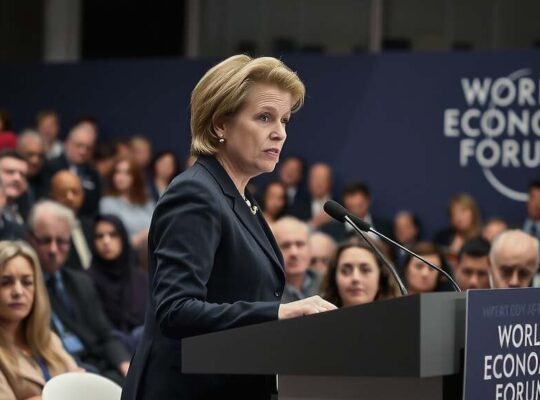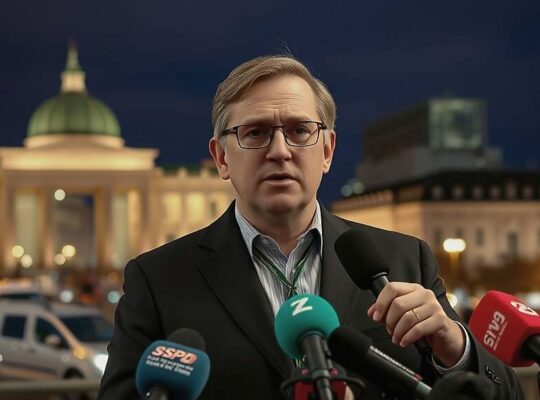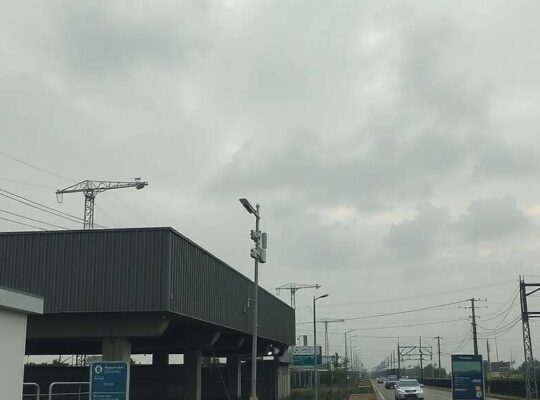Berlin’s governing mayor, Kai Wegner, has publicly distanced himself from recent comments made by federal CDU leader Friedrich Merz concerning the visual landscape of German cities and its purported link to migration policy. Wegner, speaking from Windhoek, Namibia, during a working trip, asserted that Berlin’s vibrant and international character naturally reflects itself in the city’s appearance and that attributing problems like crime and public disorder to nationality is inaccurate and misleading.
The disagreement highlights a growing tension within the CDU regarding how to address concerns surrounding immigration and its perceived impact on German society. Merz’s remarks, delivered during a press conference in Potsdam, alluded to a “problem” in the cityscape and suggested increased deportations as a solution, sparking widespread condemnation online as potentially discriminatory.
While acknowledging the considerable strain placed on Berlin’s resources by the influx of asylum seekers in recent years, Wegner emphasized the importance of data-driven approaches to addressing crime. “Criminality shouldn’t be met with feelings, but with reliable figures” he stated, advocating for targeted interventions based on statistical trends rather than generalized accusations. He cautioned against broad-stroke statements about criminal groups, urging instead for nuanced analysis and focused action.
Despite this firm stance against linking urban challenges directly to migration, Wegner conceded that Berlin’s integration capacity is being stretched. He admitted that further improvements were needed in deportation rates, stating that the federal government needs to provide better support to the states and facilitate more effective repatriation agreements with other nations to expedite the removal of individuals subject to deportation orders. The admission underscores the ongoing challenges of managing migration flows and underscores the political pressure to demonstrate progress in this area, even as Wegner explicitly rejects simplistic and potentially divisive narratives. The conflicting opinions within the CDU exemplify the complexities of navigating the politically charged debate surrounding immigration in Germany.












